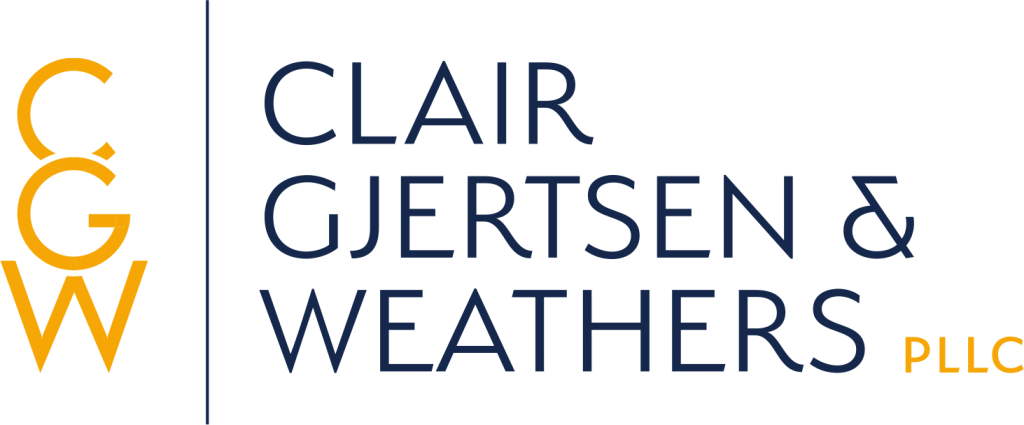As discussed in a previous blog post, discharging student loans in a bankruptcy can be an arduous task. However, a recent Court of Appeals for the Second Circuit decision addressed private student loan discharge in its applicability and the legislative intent of 11 U.S.C. § 523(a)(8)(A)(ii).
In In Re Homaidan No. 20-1981 (2d Cir. July 15, 2021), the Second Circuit reviewed a decision by the Eastern District of New York, wherein the question before the Court was whether a private loan provided by Navient constituted an “educational benefit” and thus, an exception to discharge pursuant to 11 U.S.C. § 523(a)(8)(A)(ii). 11 U.S.C. § 523(a)(8)(A)(ii) excepts from discharge any obligation to repay funds received as an educational benefit, scholarship, or stipend.
Facts of the Case:
Hilal K. Homaidan had originally received a bankruptcy discharge in 2009. The discharge order was ambiguous as to whether the Navient loans were discharged. Thereafter, Navient pursued repayment and Homaidan complied. After paying off his loans in full, Homaidan reopened the bankruptcy case and sued Navient seeking, among other things, actual damages for Navient’s violation of the discharge order. After commencing the lawsuit against Navient, Navient filed a motion to dismiss alleging that its student loans were excepted from discharge pursuant to 11 U.S.C. § 523(a)(8)(A)(ii). The Eastern District denied Navient’s motion finding that Navient’s loans were not excepted from discharge.
Second Circuit Decision:
The Second Circuit affirmed the Eastern District’s holding and distinguished between private loans issued by a lender which may be used to fund a student’s college education, among other expenses, and those made through the college’s financial aid office which are made solely to cover a student’s cost of attendance. The Second Circuit also emphasized the importance of the plain meaning of the statutory text and if Congress’ intent was to except for discharge all private loans, it would have stated so.
Fifth and Tenth Circuit Court of Appeals Decisions:
The Second Circuit is now the third Circuit court to find that a private loan does not support an except for discharge under 11 U.S.C. § 523(a)(8)(A)(ii). The Fifth Circuit Court of Appeals in In Re Crocker No. 18-20254 (October 21, 2019) and the Tenth Circuit Court of Appeals in In Re McDaniel No. 18-1455 (August 31, 2020) both found that private loans were not an exception to a bankruptcy discharge.
How are private student loan bankruptcy claims affected now?
The burden is now on the creditor to prove that the loan is a “qualified education loan” as defined in the Internal Revenue Code Section 221(d). In order for the loan to be considered non-dischargeable the creditor will have to show that the “qualified education loan” was used solely to pay “qualified higher education expenses” defined as the “cost of attendance” at an “eligible educational institution”. If the Creditor is unable to prove these elements, then the loan would be considered dischargeable. However, even if the Creditor proves these elements, if the borrower/debtor can establish an undue hardship, there is still the possibility of a discharge.
We are here to help you with your Student Loans:
Given the complexities of discharging student loans in bankruptcy, it is imperative to contact an experienced bankruptcy law firm. Clair Gjertsen & Weathers, PLLC is an experienced bankruptcy law firm who has helped thousands of people in financial distress. We understand that student loans can be overwhelming and daunting and we are here to help you through the process. Please give us a call to schedule a free consultation at 914.472.6202.
